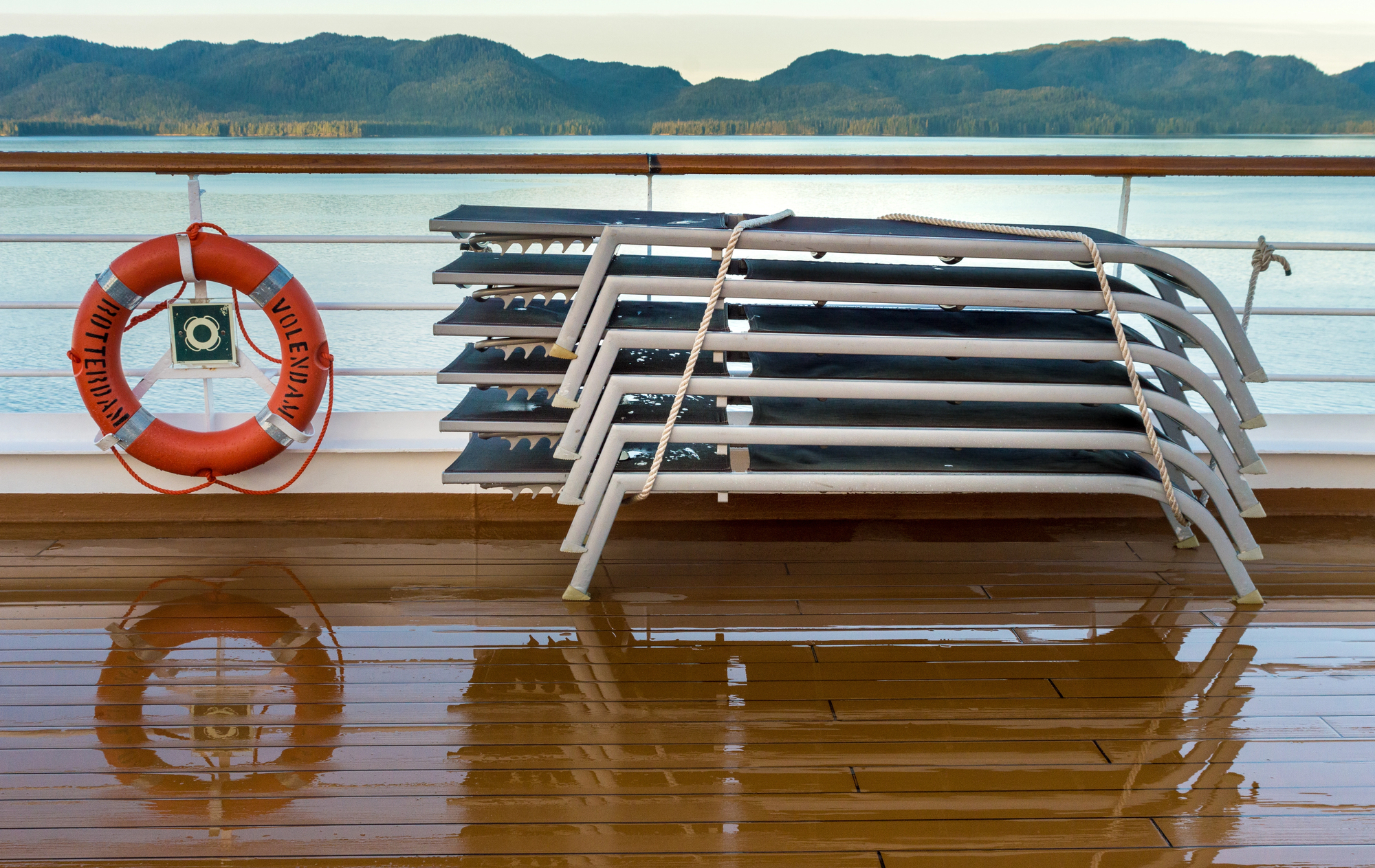If you’re weighing whether to book a cruise or stick with a traditional hotel vacation, health and safety concerns might be top of mind. The cruise industry has made remarkable strides in health protection measures, but how do they actually compare to hotels? Let’s explore the key differences that could impact your family’s well-being.
Recent innovations in cruise ship technology and protocols have transformed these floating resorts into highly controlled environments. So, are cruises safer than hotels? While hotels certainly maintain their own health standards, the comprehensive approach taken by cruise lines might surprise you.
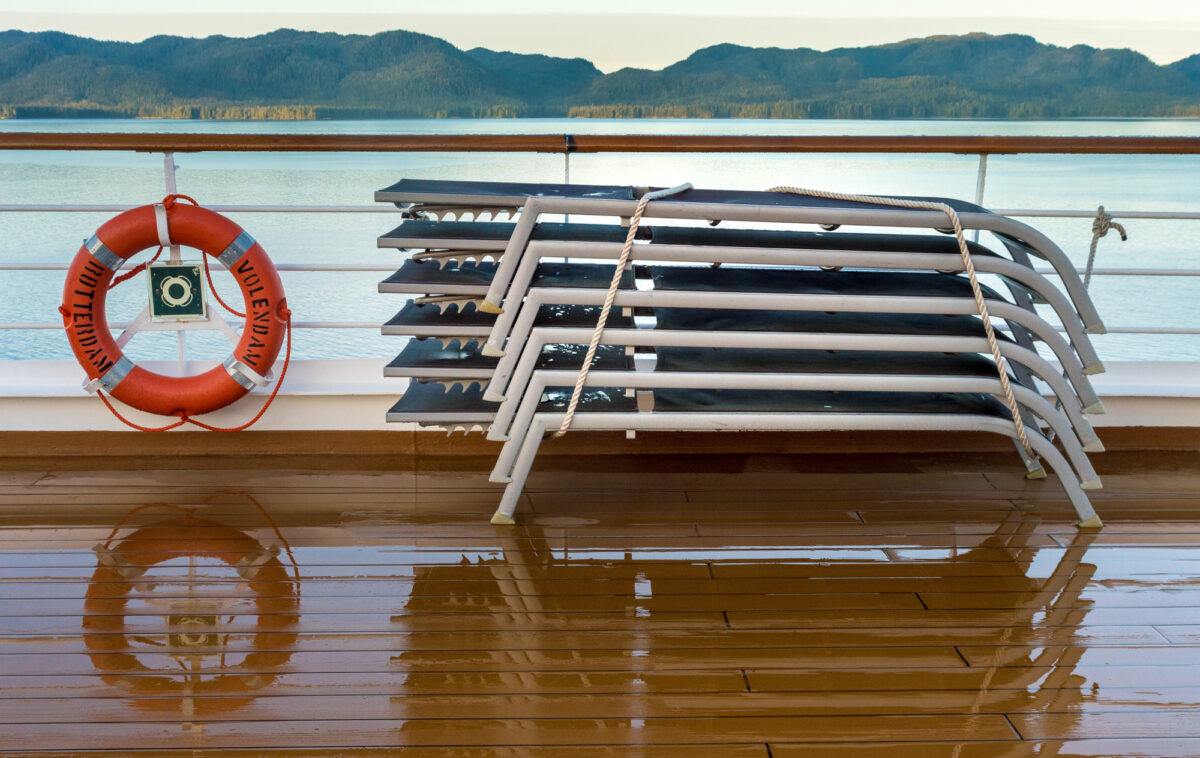
The Facts Behind Cruise Ship Safety
1. Advanced Cleaning and Sanitization
Cruise Ships:
Modern cruise ships employ hospital-grade cleaning protocols that go beyond typical hotel practices. Your stateroom receives daily sanitization with hospital-grade disinfectants, while high-touch areas throughout the ship are sanitized multiple times a day. Many cruise lines, such as Norwegian and Royal Caribbean, utilize electrostatic sprayers for public areas to enhance protection.
Hand hygiene is a significant focus on cruise ships. Handwashing stations are typically found near self-serve dining areas, while hand sanitizers are placed at dining venues, including main dining rooms and specialty restaurants. While their use is strongly encouraged, compliance is not strictly enforced. (Unfortunately, some guests may bypass them).
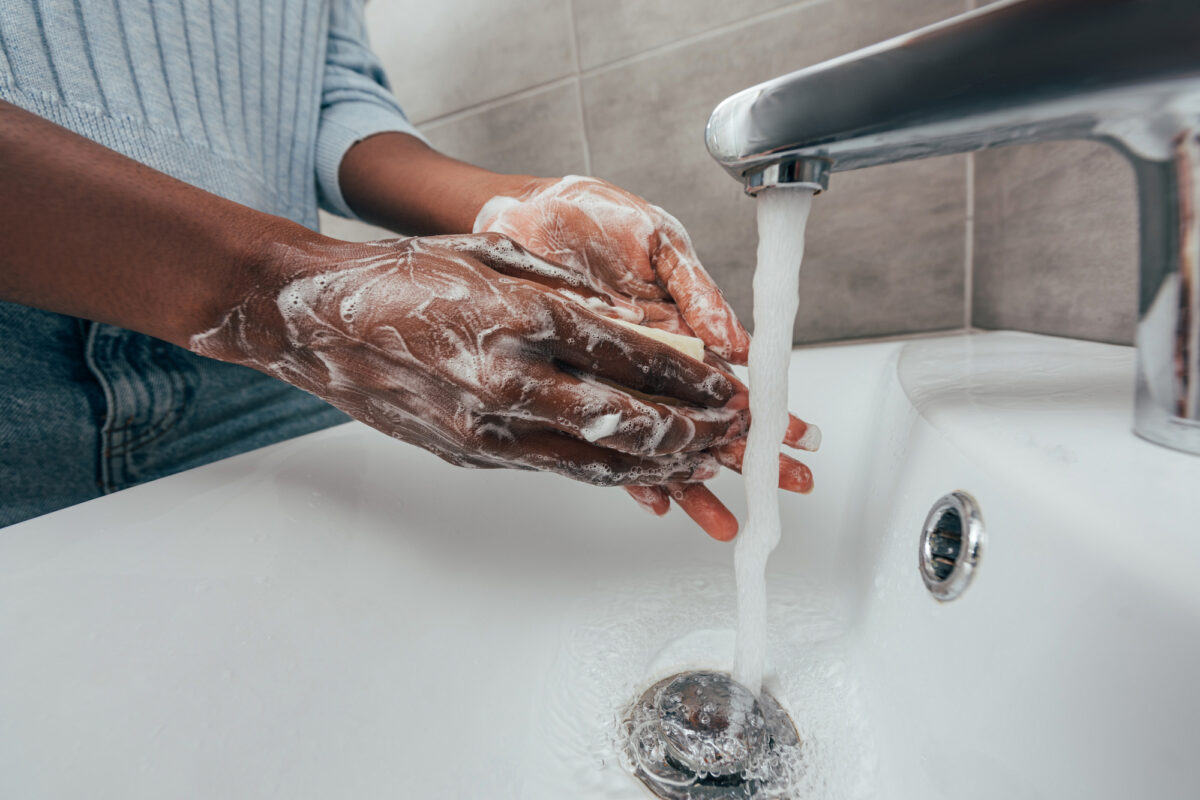
Hotels:
Many hotels have shifted to an “on-request” housekeeping model, meaning guest rooms may not receive daily cleaning unless specifically requested. Public areas, such as lobbies and elevators, still receive regular cleaning, but the overall frequency and thoroughness of sanitization may not match cruise ship standards.
Hand sanitizers are often available in hotels, particularly near elevators, but they are not consistently placed at dining area entrances.
➡ Winner: Cruise Ships – The combination of mandatory daily cleaning, hospital-grade disinfectants, and enhanced sanitation measures gives cruises a clear advantage.
2. Superior Air Quality Systems
One of the most significant advantages of modern cruise ships is their sophisticated air handling systems. Most major cruise lines now feature:
- MERV-13 or HEPA filtration – These advanced filters capture airborne particles, including bacteria and viruses, helping to maintain cleaner air.
- UV-C light sterilization – Some ships incorporate UV-C technology into their ventilation systems to neutralize airborne pathogens. For example, MSC Cruises has implemented the ‘Safe Air’ sanitation system, utilizing UV-C lamps integrated with the ship’s air conditioning to prevent the circulation of air pollutants.
- Continuous fresh air exchange – Rather than recirculating indoor air, cruise ships prioritize fresh outdoor air intake.
- Minimal air recirculation between cabins – Most ships prevent air from being shared between different cabins by using individualized ventilation systems or filtering recirculated air through MERV-13 or HEPA filters before redistribution. For example, Windstar Cruises has integrated HEPA filters with UV-C light to enhance onboard air quality.
Hotel air quality can vary dramatically, with many properties relying on standard HVAC systems that recirculate air without advanced filtration. Some higher-end hotels have implemented improved air purification systems, but this is not yet an industry standard.
Cruise Ships:
Many ships are equipped with MERV-13 filters, and some, like Windstar Cruises, use HEPA filters with UV-C light to neutralize airborne pathogens. Cruise ships also prioritize continuous fresh air circulation by using outdoor air intake systems rather than recirculating air between cabins.
Hotels:
Most hotels rely on standard HVAC systems, which often recirculate air without the same level of filtration. Some high-end hotels have implemented air purification systems, but this is not an industry-wide standard.
➡ Winner: Cruise Ships – Enhanced filtration, fresh air circulation, and UV-C sterilization provide better air quality on cruises.
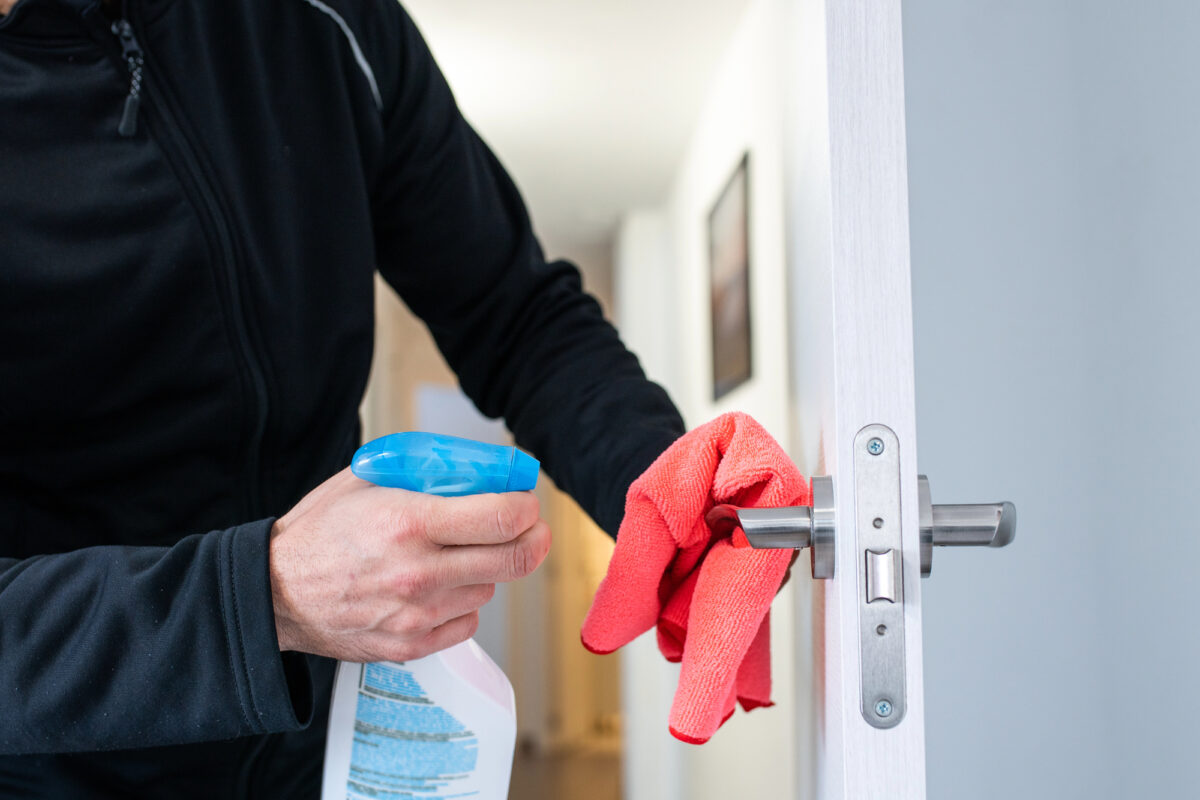
3. Rigorous Health Inspections
Cruise Ships:
Cruise ships sailing from U.S. ports must comply with strict CDC oversight through the Vessel Sanitation Program (VSP). This includes at least two unannounced inspections annually to ensure compliance with sanitation and safety standards. Publicly available sanitation scores allow passengers to assess a ship’s cleanliness before booking.
The program also mandates standardized food safety protocols to ensure consistent hygiene across all vessels. This includes:
- Personnel: Ensuring that supervisors or persons in charge of food operations demonstrate knowledge of foodborne disease prevention and the application of Hazard Analysis Critical Control Point (HACCP) principles.
- Food Operations: Monitoring that food operations are conducted in compliance with established safety protocols, including proper cooking, cooling, and storage of potentially hazardous foods.
- Equipment and Utensils: Ensuring that equipment and utensils are properly cleaned and sanitized to prevent contamination.
By adhering to these standardized protocols, cruise ships maintain consistent hygiene practices across all vessels, thereby minimizing the risk of foodborne illnesses.
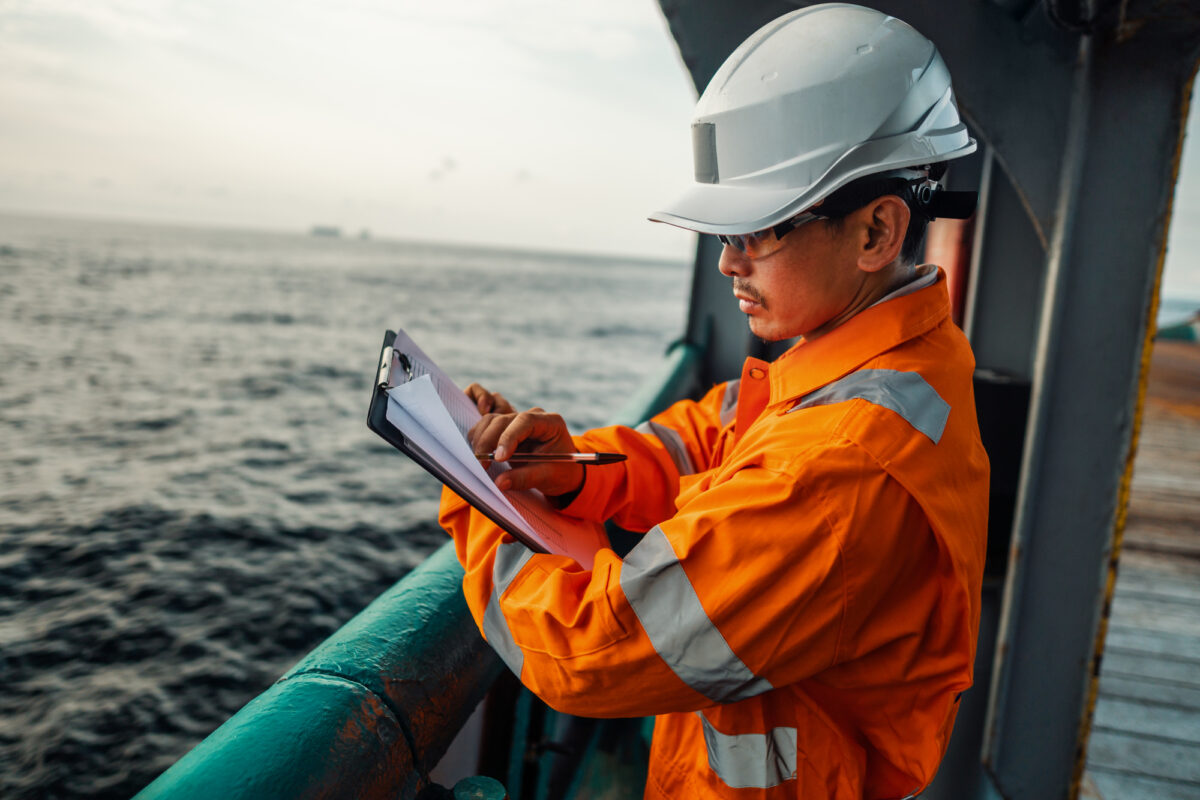
Hotels:
Hotels, while subject to local health codes, typically face less stringent oversight with varying standards across locations. Unlike cruises, hotel inspections are not conducted at a standardized frequency, and the results are not always publicly accessible. Unlike cruises, most hotels do not publicly report sanitation scores, and food safety oversight varies widely.
➡ Winner: Cruise Ships – Standardized health inspections and public transparency make cruises more accountable.
4. Medical Care and Outbreak Prevention
Cruise Ships:
Every major cruise ship provides onboard medical facilities with trained healthcare staff, ensuring swift access to medical care for passengers and crew, allowing for immediate response to health concerns. Rapid response procedures, including isolation protocols for symptomatic passengers, ensure that potential outbreaks are quickly identified and controlled.
For example, during a gastrointestinal illness outbreak on the Silver Ray in January 2025, ill passengers and crew were isolated as part of the outbreak response, and enhanced sanitation measures were implemented promptly to help prevent the spread of illness.
Cruise lines conduct real-time illness tracking and reporting to the CDC, monitoring potential outbreaks and adjusting sanitation measures as needed.
Hotels:
Most hotels do not have on-site medical staff, and outbreak reporting is not mandated unless it poses a widespread public health risk. Without structured containment measures, guests who fall ill in hotels must seek outside medical care on their own.
➡ Winner: Cruise Ships – The presence of onboard medical facilities and real-time outbreak response protocols gives cruises a clear edge.
5. Enhanced Dining Safety
Cruise Ships:
Cruise lines have optimized their food service approach with:
- Handwashing stations and hand sanitizers placed near food service areas, with hand hygiene strongly encouraged before meals.
- Continuous temperature monitoring to ensure food safety at all times.
- CDC-overseen kitchen protocols that maintain strict sanitation and handling standards. Regular food safety inspections ensure compliance with strict industry regulations.
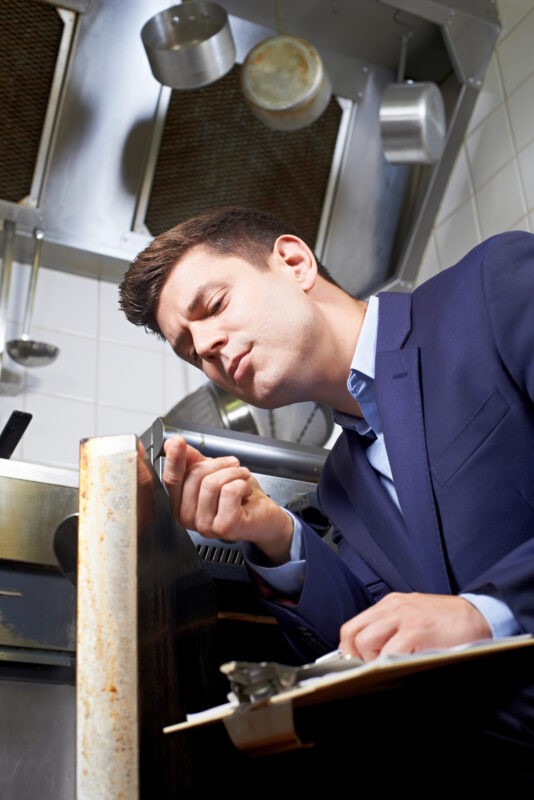
Hotels:
While hotel restaurants follow local health codes, they rarely match the comprehensive food safety measures found on cruise ships. Food safety regulations vary based on location, and inspections are not standardized across the industry.
➡ Winner: Cruise Ships – Consistent food safety policies and stronger hand hygiene protocols set cruises apart.
Are Cruises Safer Than Hotels –The Bottom Line
A Clear Safety Winner
When comparing the core health and safety metrics, cruise ships consistently outperform hotels in:
- Cleaning standards and frequency
- Air quality management
- Health inspection rigor
- Medical care accessibility
- Food safety protocols
This advantage stems from the cruise industry’s unique position under central federal oversight and significant health technology investments. While individual hotels may maintain high standards, they generally lack the systematic approach to health safety found on modern cruise ships.
Practical Tips for Health-Conscious Cruisers
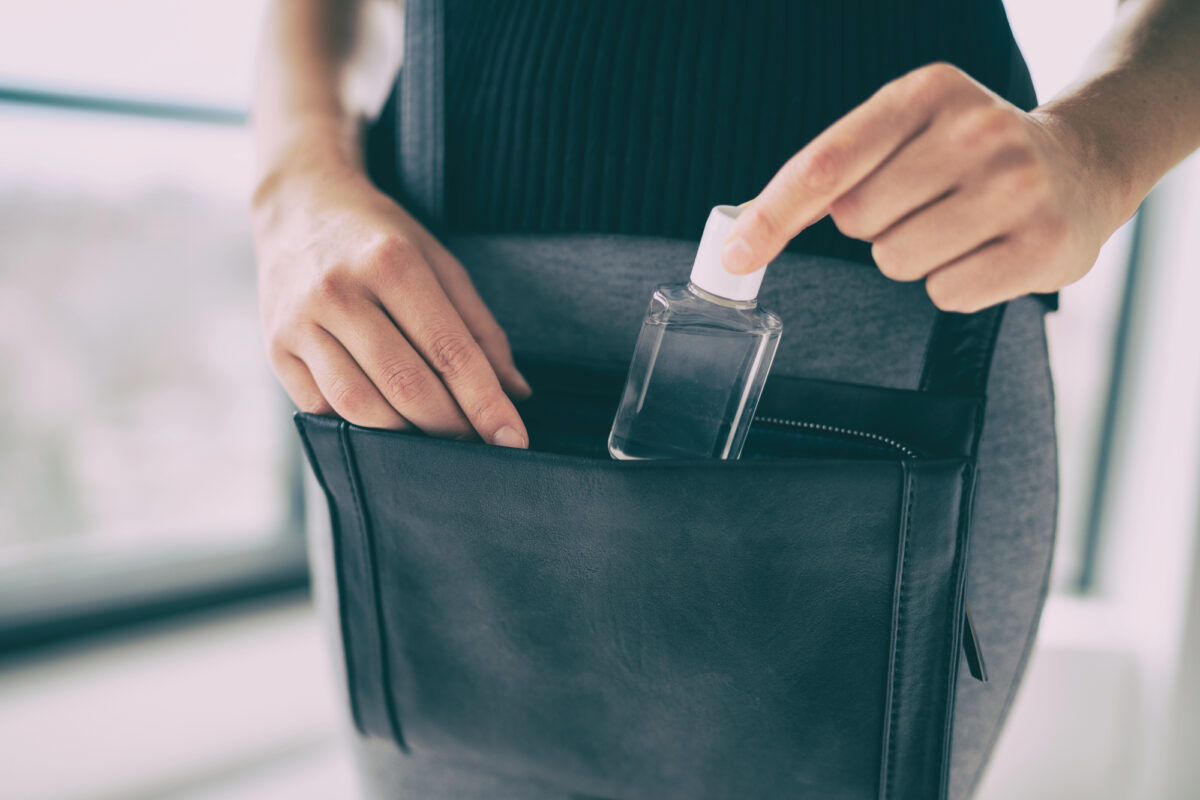
- Research ship inspection scores before booking to ensure you’re choosing a highly rated vessel.
- Pack hand sanitizer for shore excursions where sanitation standards may vary.
- Use handwashing stations consistently, especially before meals.
- Monitor your cruise line’s health updates to stay informed about onboard policies.
- Familiarize yourself with onboard medical facilities so you know where to go if you feel unwell.
Closing Thoughts
While both cruises and hotels can provide safe vacation experiences, the comprehensive health measures and oversight on cruise ships create a more controlled environment for health-conscious travelers. The cruise industry’s response to past challenges has resulted in innovations that now set new standards for travel safety. Understanding these advantages can help you make informed decisions about your next vacation while enjoying peace of mind about your family’s wellbeing.

